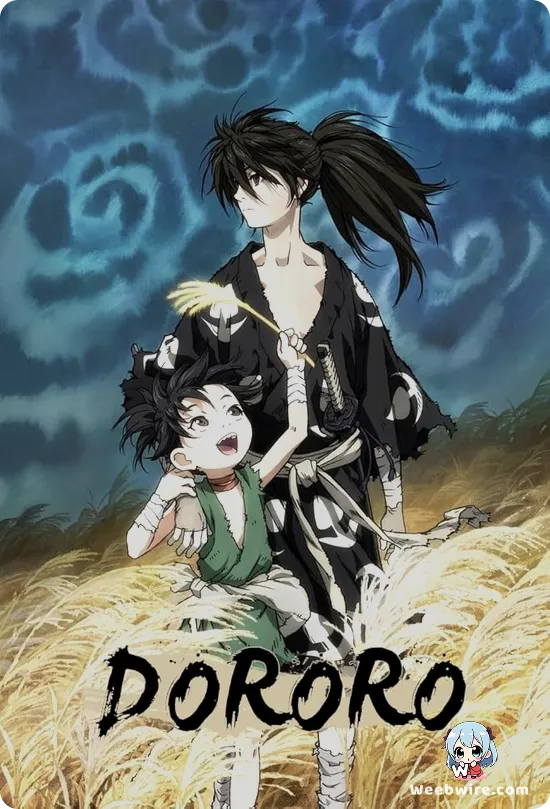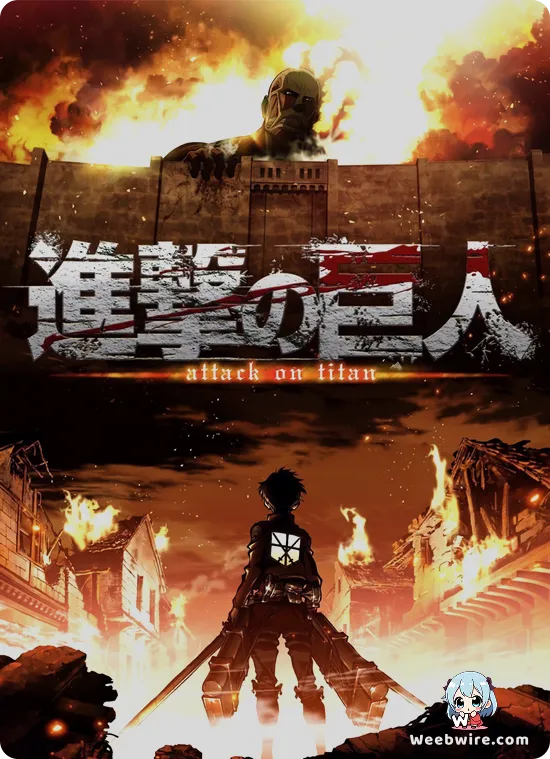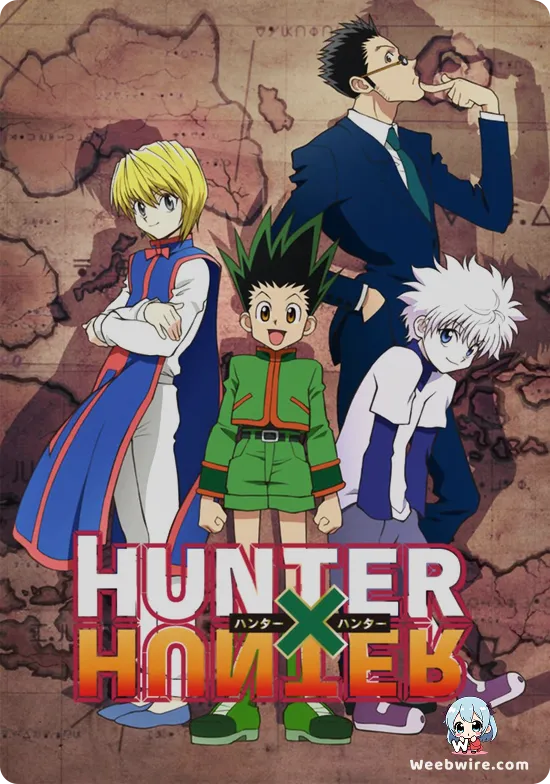

© MAPPAnews.hidive.com
Overview
Set against the brutal backdrop of Japan's war-torn Sengoku era, Dororo plunges viewers into a world where human ambition and demonic pacts intertwine, crafting a compelling narrative of action, adventure, drama, and the supernatural. The saga centers on Hyakkimaru, a young ronin samurai whose tragic fate was sealed before his birth when his power-hungry father, Lord Daigo Kagemitsu, bartered away 12 of his unborn son's body parts to 12 demons in exchange for prosperity. Born a mere husk—limbless, eyeless, earless, and skinless—Hyakkimaru was abandoned, only to be miraculously saved and outfitted with intricate prosthetics and deadly blades by a compassionate medicine man. His arduous quest begins: to reclaim his stolen humanity by slaying each demon that holds a piece of his original self. Along his perilous journey, he crosses paths with Dororo, a vivacious and cunning orphan thief who, despite their initial clash, becomes his steadfast companion. Together, they traverse a land ravaged by conflict and supernatural affliction, encountering villagers suffering from demonic curses, corrupt samurai, and profound moral dilemmas. Each demon defeated not only restores a lost body part—a limb, an eye, the ability to speak—but also forces Hyakkimaru to confront the very essence of his identity and the emotional toll of his vengeance. The series brilliantly explores themes of sacrifice, redemption, the corrupting influence of power, and the profound question of what truly defines humanity. Studio MAPPA's masterful animation brings the grim, supernatural atmosphere to life with stunning visuals and fluid action sequences, while the nuanced development of Hyakkimaru and Dororo anchors this historical fantasy with deep emotional resonance, creating an unforgettable tale of survival, kinship, and self-discovery in a world teetering on the brink of chaos.
Opinion
MAPPA's 2019 adaptation of Dororo is nothing short of a triumph, breathing new life into Osamu Tezuka's iconic narrative with remarkable fidelity and modern animation prowess. The series excels in its visceral action, where Hyakkimaru's prosthetic blades carve a path through demons with breathtaking fluidity and impact, making each confrontation a visually spectacular and emotionally charged event. Beyond the spectacle, the animation masterfully crafts a desolate yet beautiful Sengoku landscape, utilizing a dark, muted color palette that perfectly complements the grim, supernatural undertones of the story. The character development is arguably the show's strongest suit; Hyakkimaru's gradual reclamation of his senses is a profoundly moving journey, each restored part adding layers to his evolving perception of the world and his own burgeoning humanity. Dororo, his spirited companion, provides an essential foil, her unwavering spirit and street smarts offering moments of levity and a grounding human perspective amidst the supernatural horrors. The voice acting, particularly for Hyakkimaru by Shōtarō Morikubo and Dororo by Rie Takahashi, is exceptional, conveying immense emotional depth—from Hyakkimaru's initial guttural cries to his eventual articulate speech, and Dororo's infectious exuberance to her moments of profound sadness. While the story pacing occasionally meanders in certain episodic arcs, the overarching narrative of vengeance, identity, and the corrupting nature of power is consistently engaging. Thematic depth is abundant, prompting viewers to ponder the true cost of ambition and the very essence of what constitutes a soul versus a body. Dororo is a deeply affecting, expertly crafted anime that not only honors its legendary source material but also stands as a significant work of art in its own right, highly recommended for those who appreciate historical fantasy infused with profound moral complexity.
Characters
Dororo
Voice: Rie Takahashi
Hyakkimaru
Voice: Shōtarō Morikubo
Tahomaru
Voice: Mamoru Miyano
Daigo Kagemitsu
Voice: Takehito Koyasu
Credits
Studio
MAPPA
Cover Art
MAPPA Animation Team
Publisher
Akita Shoten
Producers
MAPPA, MBS, Shochiku
Episodes
Season 1
24 episodesInformation
Genres
Related Anime

Fullmetal Alchemist: Brotherhood

Haikyu!!

Attack on Titan

Hunter x Hunter Story, Characters, Revival News, & Similar Anime

Gintama.: Slip Arc
